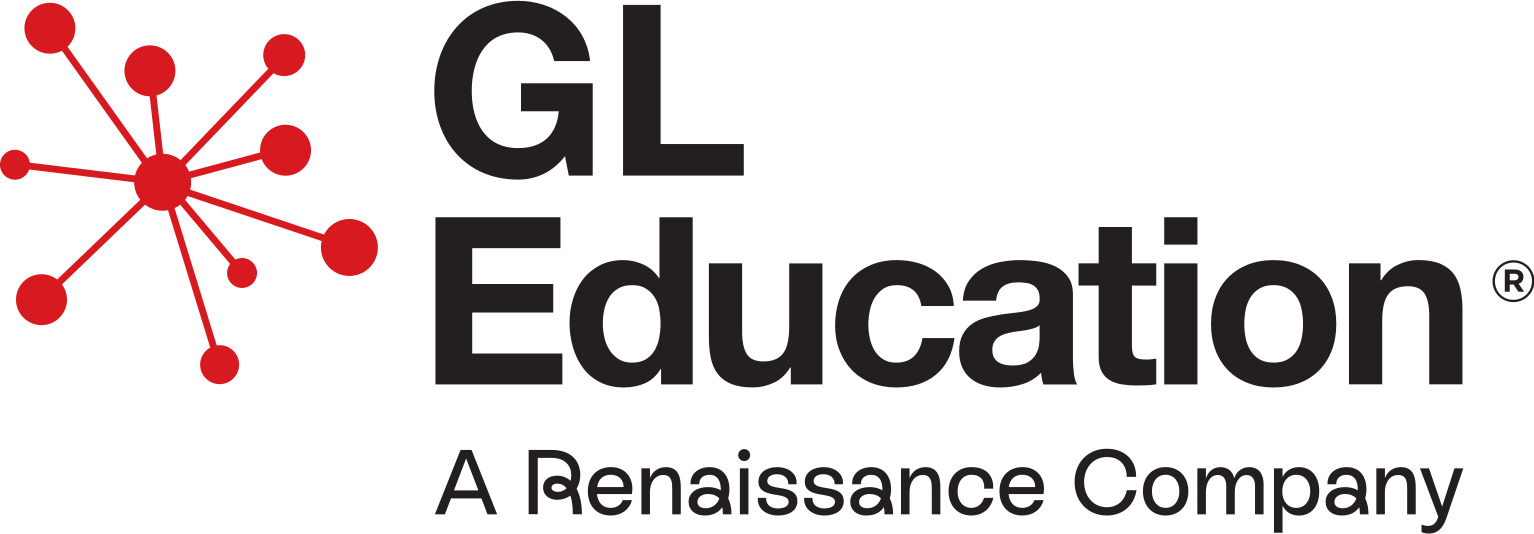Case Study 1: Low overall profile
A low overall profile
CoPS, on its own, does not provide a completely clear distinction between the student with a specific learning difficulty (dyslexia) which is very severe, and the student with more general moderate learning difficulties. In theory, both types of student could produce similar profiles on CoPS – i.e. fairly low scores across most or all of the CoPS subtests. Although this dilemma rarely occurs in practice, teachers are usually able to distinguish the two because the student with moderate learning difficulties is commonly found to be slow in other aspects of learning and in many classroom activities. Their language comprehension may be poor, their thinking and reasoning skills weak, and they may also be poorly co-ordinated. On the other hand, the dyslexic student will generally be an unexpected discovery by the teacher – i.e. in classroom activities, their reasoning, oral fluency etc., may seem at least average, if not above average. If the teacher wants to be sure, then an independent check on the student’s intellectual skills can be carried out, for example, using a test such as Ability or the British Picture Vocabulary Scales—Third Edition. If still in doubt, the student can be referred to an Educational Psychologist for full assessment.
However, it should not be assumed that CoPS has no value in cases of students with moderate learning difficulties. CoPS is a useful tool to identify these students’ relative strengths so that teaching can be more effectively differentiated for them, and training activities more precisely targeted.
Case study - Sophia
Sophia has general memory difficulties, with low performance on all except the phonological awareness (Rhymes) and auditory discrimination (Wock) subtests (see Figures 38a and 38b). She is unlikely to have moderate learning difficulties because those two subtests show reasonable scores, but the teacher might wish to check Sophia’s intelligence level with a suitable test – see above. Sophia’s profile is typical of the more severe case of dyslexia, and consequently she would be expected to have difficulties both in building up visual word recognition and in acquiring phonic skills. She will tend to experience problems in reading as well as in spelling and writing. A highly structured multisensory phonic approach to literacy learning would be essential for Sophia, with ample practice to compensate for these memory weaknesses. Structured learning software to give lots of practice in both auditory and visual memory components of reading and spelling would be very helpful, and regular word processing activities (especially with a talking word processor) would also be beneficial. Later on, difficulties in rapid word recognition and more advanced text processing should be anticipated because the speed of lexical access (word finding) is a limiting factor here and this is dependent on both auditory and visual memory. She will need help to develop good higher-order reading skills (skimming and scanning), otherwise she will always be a slow laborious reader and this will handicap her at Key Stages 3 and 4 and above.



